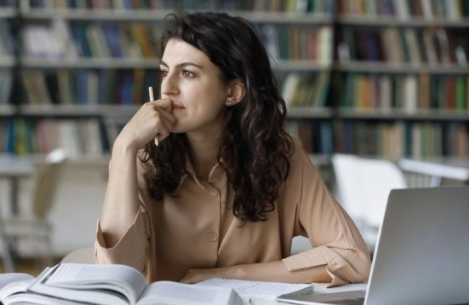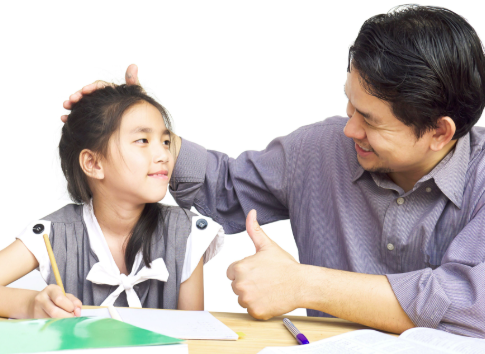Introduction
Reflection is a vital component of personalized learning. It allows students to pause, consider their progress, and make thoughtful decisions about their educational journey. When learners regularly reflect on what they’ve learned, how they’ve learned it, and where they want to go next, they develop self-awareness, ownership, and motivation. In a student-centered environment, reflection helps transform experience into lasting understanding.
1. Encouraging Self-Awareness
Through reflection, students begin to understand their learning preferences, strengths, and areas for growth. By identifying what strategies help them succeed—and which ones don’t—they become more effective learners. This self-knowledge is the foundation of personalized learning.
2. Supporting Goal Setting and Adjustment
Personalized learning emphasizes setting and tracking individual goals. Reflection helps students evaluate whether they’re on the right track and decide when to adjust their strategies. Regular check-ins with teachers and self-assessment tools guide this process and keep students focused.
3. Deepening Understanding of Content
When students take time to reflect on what they’ve learned, they reinforce and deepen their understanding. Reflective activities—such as learning journals, discussion prompts, or portfolio reviews—help students connect new knowledge with prior experiences and apply it in meaningful ways.
4. Building Metacognitive Skills
Metacognition—the ability to think about one’s own thinking—is a key outcome of reflection. Students who reflect develop stronger planning, monitoring, and problem-solving skills. These habits support lifelong learning and adapt well across academic subjects and real-world tasks.
5. Strengthening the Teacher-Student Partnership
When reflection is shared with educators, it becomes a tool for meaningful dialogue. Teachers gain insight into student experiences and can provide more personalized support. Reflection invites open communication and builds trust in the learning relationship.
6. Encouraging Growth Mindset
Reflection reinforces the idea that learning is a journey. By reviewing both successes and setbacks, students learn to view challenges as opportunities to grow. This mindset is central to resilience, confidence, and ongoing personal development.
Conclusion
In personalized learning environments, reflection is not an extra step—it’s a powerful strategy for growth. It empowers students to take control of their learning, recognize their progress, and plan future steps with intention. By embedding reflection into the daily learning process, educators help students become more thoughtful, confident, and independent learners.














